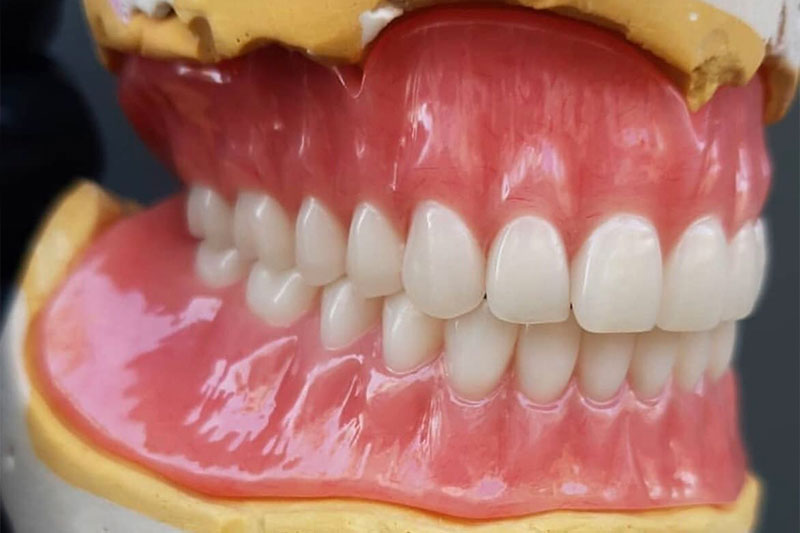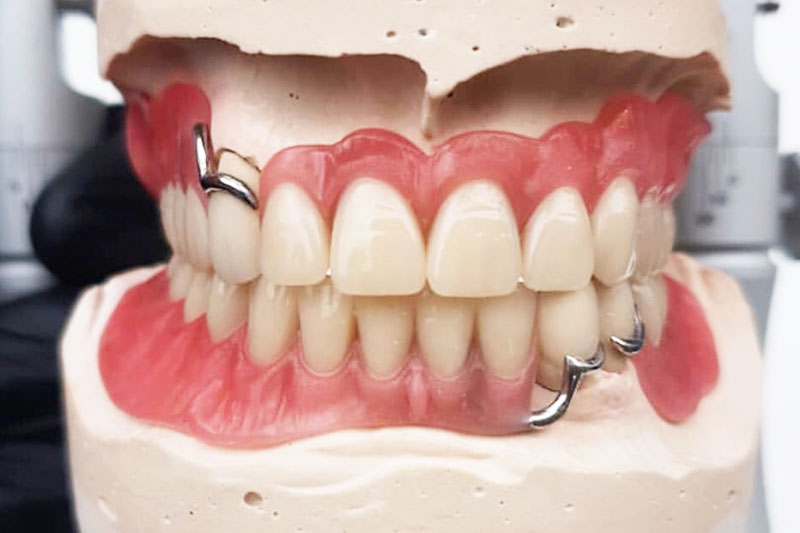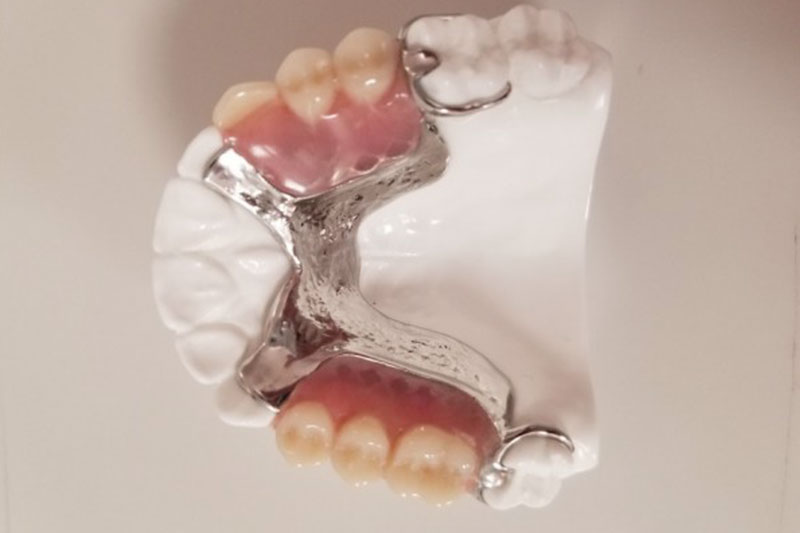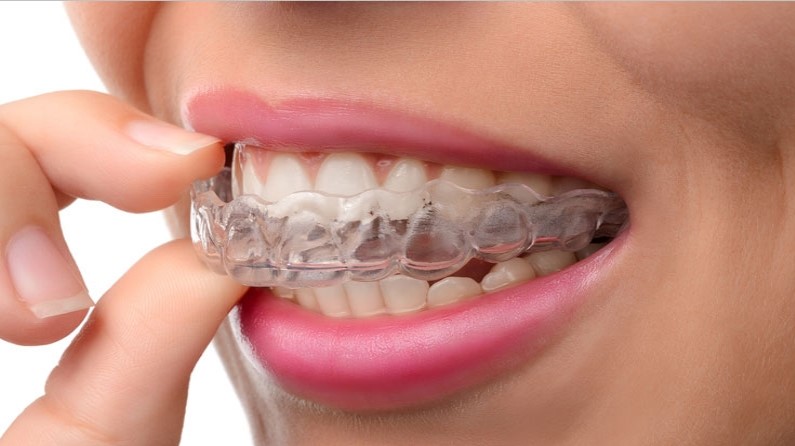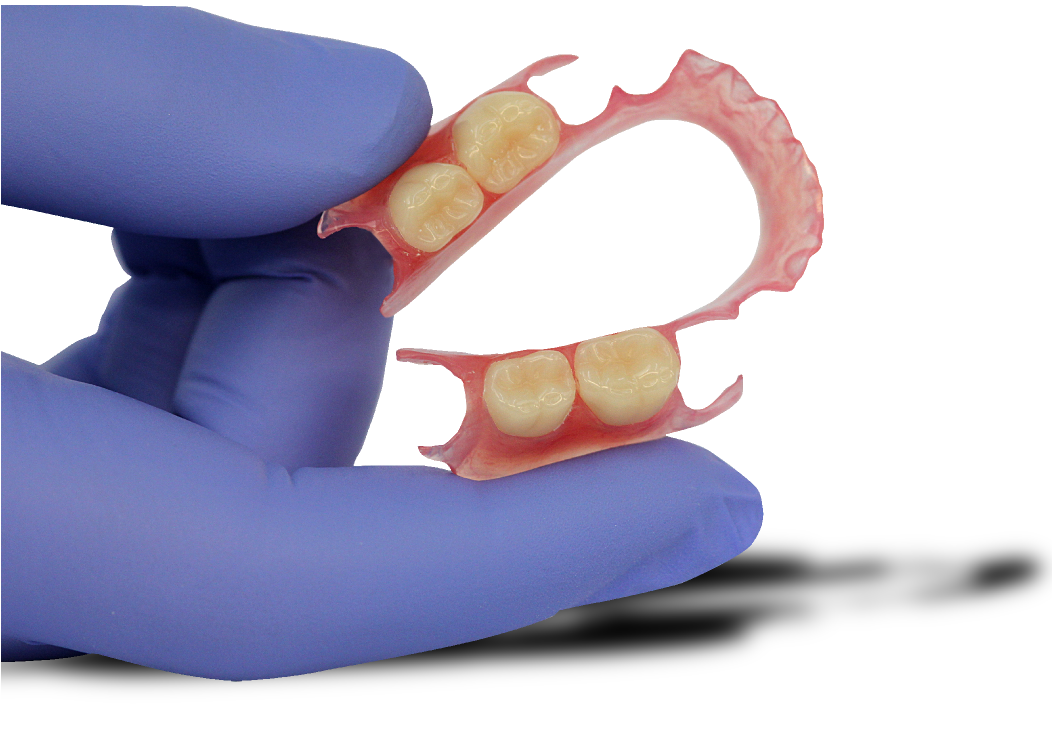Other
Denture Services
A MICHIGAN SPLINT
A Michigan Splint is an Oral Appliance that covers all the teeth in either the maxilla (upper jaw) or mandible (lower jaw) and is therefore termed a “full-coverage splint”. It is manufacture in a hard resin such as poly-methyl-methacrylate.
The Michigan Splint is made of 3mm in thickness for a number of reasons. By being thick it remains strong and less liable to fracture when worn with the heavy bite forces applied. It has sufficient thickness to allow for careful spot grinding to customise the biting surface to achieve a truly even bite with contacts present around the entire arch, and sufficient thickness exists to retain splint material for the canine teeth to slide on when the mandible is moved sideways into what is called either left or right lateral excursions. In these sideways movements of the jaw, the posterior teeth should ideally be slightly apart while contact remains anteriorly in the canine region and thereby excessive lateral pressure on posterior teeth, fillings or crowns is avoided. This is what is called a “canine-protected occlusion”.
ORTHODENTIC APPLIANCES
Orthodontic treatment uses appliances to correct the position of teeth.
The 4 main types are:
- fixed braces – a brace you cannot remove which is made up of brackets that are glued to the front of each tooth and linked with wires
- removable braces – usually plastic plates that cover the roof of the mouth and clip on to some teeth; these can only be used to achieve very limited tooth movements
- functional appliances – usually a pair of removable plastic braces that are joined together or designed to interact together and fit on to both the upper and lower teeth
- headgear – this is not an orthodontic appliance, but it can be used with other appliances and is usually worn at night.
DENTURE REPAIR AND ADJUSTMNT
Repairs may be required when breakage or damage occurs, when one or more teeth need to be added to an existing denture (due to tooth extraction), or because of wear and tear. Denture teeth and clasps can often be added to existing partial dentures when natural teeth are lost.
Dentures can usually be repaired to their pre-broken state if they are brought into the clinic immediately following an accident. The biggest mistake denture wearers do when they encounter a crack or a missing tooth is to crazy glue it or attempt an at-home remedy to fix it. Denture repairs need to be re-bonded, using the same material it was made out of, using a very particular process. Crazy glue can damage the denture and sometimes deem it non-repairable. A proper repair requires addition of new denture base (pink) material to the repair area and may require an intra-oral impression by the Denturist prior to the repair.
Bring your broken denture (and all missing or broken parts) into our professionals to help you fix your denture properly.
If your denture requires a repair, it may indicate underlying problems associated with the age, condition or ill-fit of your denture(s). You will be offered a free consultation to determine how to prevent this from being a recurring problem in the future. Have your denture assessed every 2 years to avoid preventable problems and embarrassment of a denture mishap.
DENTURE RELINING
Over time the shape of your gums and the bones that support the dentures can change, which means they may no longer fit properly. Relining is a method of adjusting the internal part of the base of the dentures with an acrylic resin to correct their fit. This technique doesn’t alter the appearance of the dentures; it simply adapts the base to suit the changing shape of your gums. The Clinical Dental Technician will take an impression of your gums using your dentures, and in some cases you will not need to be without them.
The procedure involves:
- Removing some of the plastic from the fitting surface of your denture
- Placing a layer of soft impression material onto this trimmed surface
- Repositioning inside your mouth to take an impression of your gums
- Using this accurate impression to create a new hard or soft base
Not all dentures can be relined—have yours assessed today to determine if a reline is right for you!
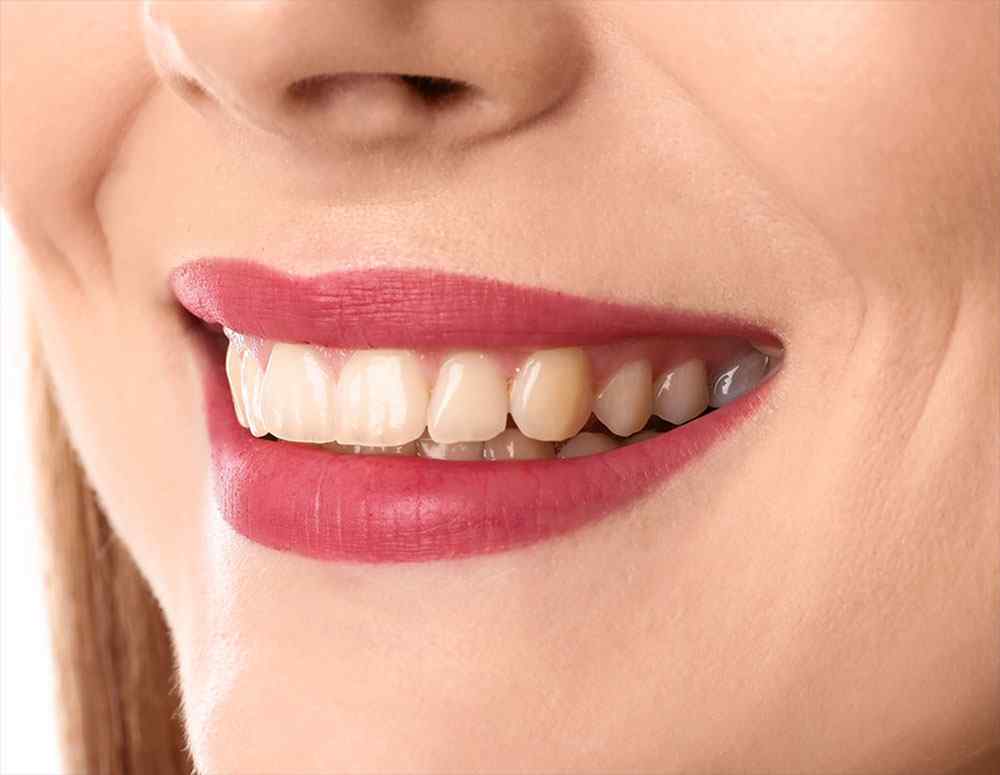
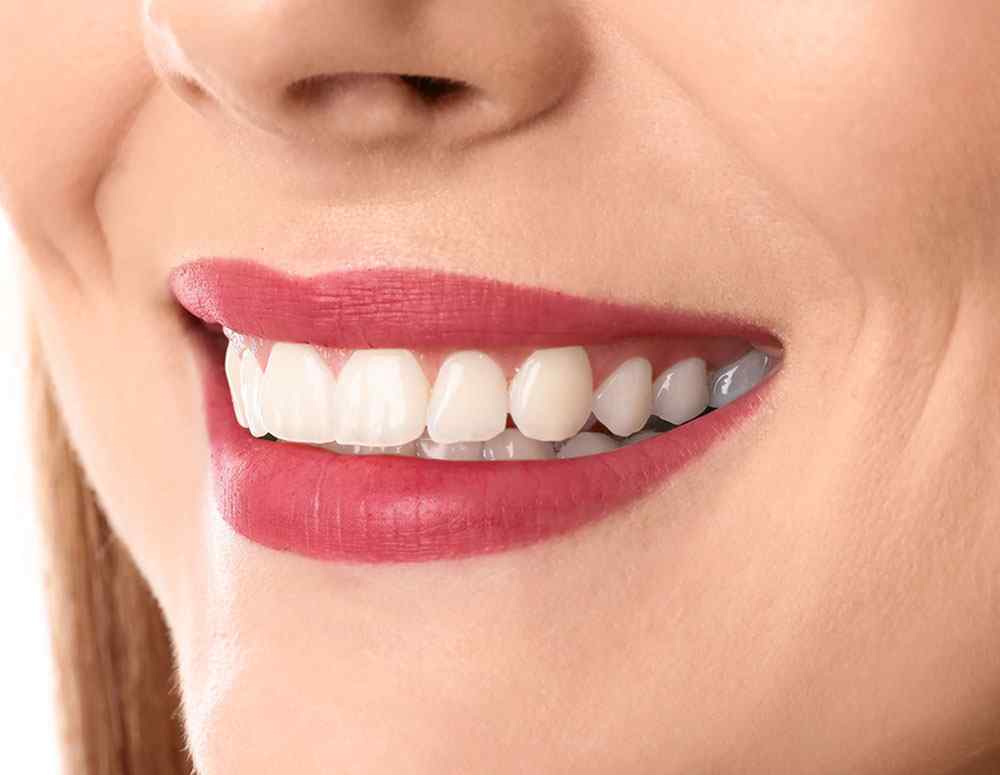
Teeth Whitening
Teeth whitening is a simple and effective process that lightens the shade of enamel and dentin of natural teeth. With the use of a custom-made whitening tray and the latest in natural teeth whitening technology, you can have whiter, brighter teeth. The whitening process uses a peroxide-based gel retained in a custom-fitted appliance that is worn over your natural teeth.
What causes tooth discolouration?
There are several causes of tooth discolouration, the most common being aging and staining substances (coffee, tea, colas, tobacco, red wine).
Get in Touch with us
Call us anytime
+44 773 355 3837
Email us
info@denturedesignlab.co.uk

